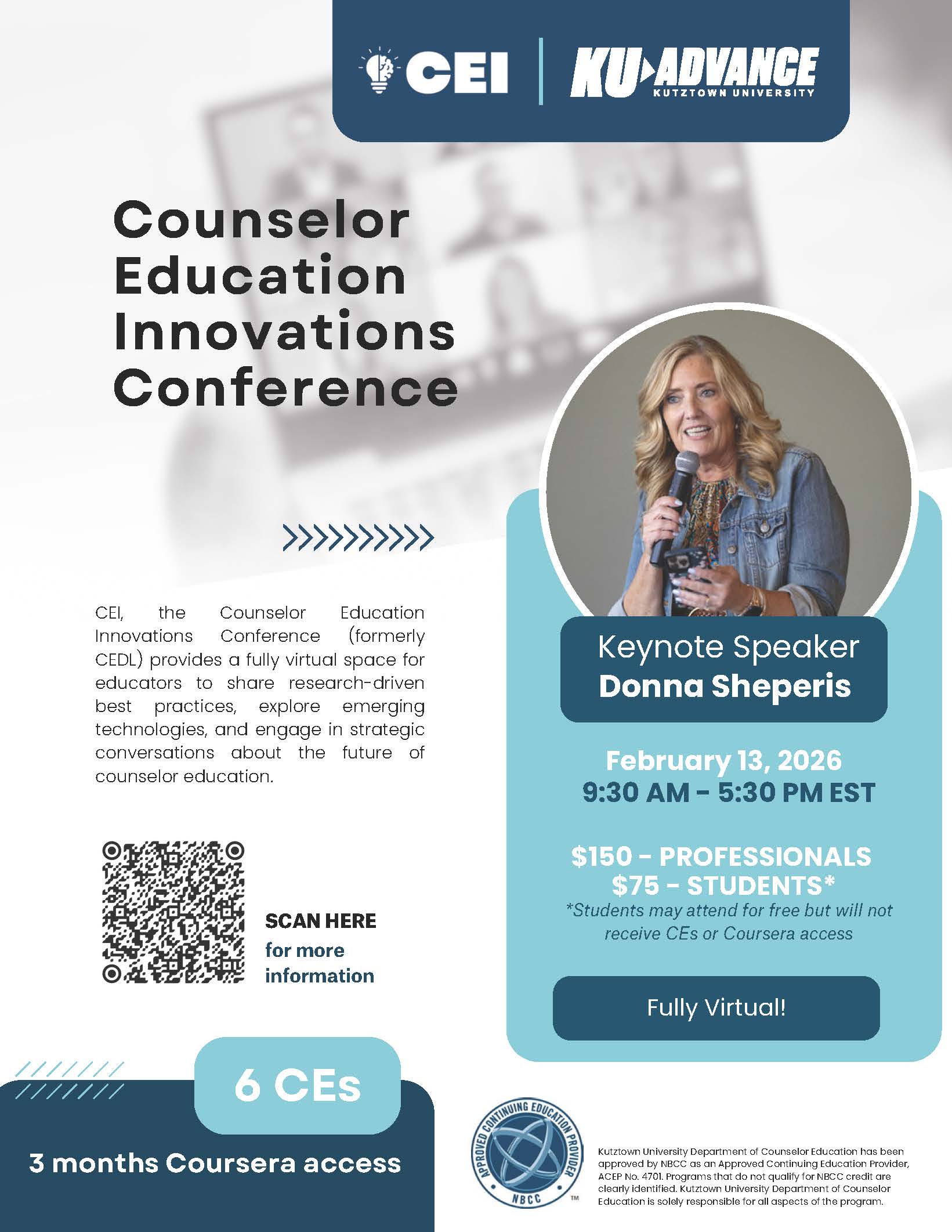Journal of Counselor Preparation and Supervision
Volume 5, Number 1 (2013)
Editor Notes
In this edition of JCPS we included articles focusing on research and practice in counselor education. As per the mission of the journal, we welcome all submissions in the following categories: research, techniques, counselor development, supervision issues, informed practice, clinical supervisor’s stories, and book reviews related to counselor education and supervision.
Two of our articles are empirically based. McCotter and Cohen used the American School Counselor Association (ASCA) and National Middle School Association (NMSA) standards as a basis for investigating how well middle schools are meeting the specific needs of their students. The findings, while not surprising, have not been documented in literature. It is apparent that administrators and counselors have different beliefs about students’ needs and accommodate those needs differently, and we might not be meeting the career needs of our students. Crawford and Gilroy surveyed counseling and psychology programs to determine the type of gatekeeping practices being utilized including pre-admission screening, student evaluations, utilizing personal growth experiences, and remediation of impaired students.
Our practice articles provide information for counselor educators to inform our work. Swank and Smith-Adcock provide counselor educators with a thorough literature review on pre-admission screening and provide group interview technique examples to facilitate the gatekeeping process. Protivnak, Pahlo and Mercer provide an argument for why Higher Education/Student Affairs Master’s students should be trained as counselors. They compare the Council for Accreditation of Counseling and Related Educational Programs (CACREP) and the Council for the Advancement of Standards in Higher Education (CAS) standards with a solid foundation of professional literature to determine the specific areas that should be address in counselor education higher education programs. Tobin, Brown and Carney utilized Group Dynamics student experiences to develop positive goal statements for counselor-in-training experiential groups. These goals can be used as examples for future students, and may provide structure for experiential student groups.
As editor, I want to thank all of the dedicated reviewers who responded quickly to everything asked of them, and helped to produce high quality manuscripts for JCPS. I also thank my wonderful Editorial Assistants: Jonathan Mazza, Jennifer Midura, and Jessica Spera. They spend endless hours organizing the process, working with reviewers and authors, editing articles, and putting everything together. Additionally, I thank the NARACES Board for giving me the opportunity to continue to share practical research and knowledge with our members by appointing me as editor of the Journal of Counselor Preparation and Supervision, and Montclair State University for providing support for our journal.
Articles
Are Middle School Counseling Programs Meeting Early Adolescent Needs? A Survey of Principals and Counselors
Suzanne McCotter and Sarah Cohen
Professional Impairment and Gatekeeping: A Survey of Master’s Level Training Programs
Mikal Crawford and Paula Gilroy
Creative Group Strategies for Interviewing Applicants for Counselor Education Programs
Jacqueline M. Swank and Sondra Smith-Adcock
The Perceived Value of Counselor Preparation for Student Affairs Professionals
Jake J. Protivnak, Matthew J. Paylo, and J. Carol Mercer
Student Goal Statements for the Experiential Learning Group
David J. Tobin, Shannon L. Brown, and Kalyn E. Carney
Complete Issue
The Journal of Counselor Preparation and Supervision Volume 5, Number 1
Edina Renfro-Michel



